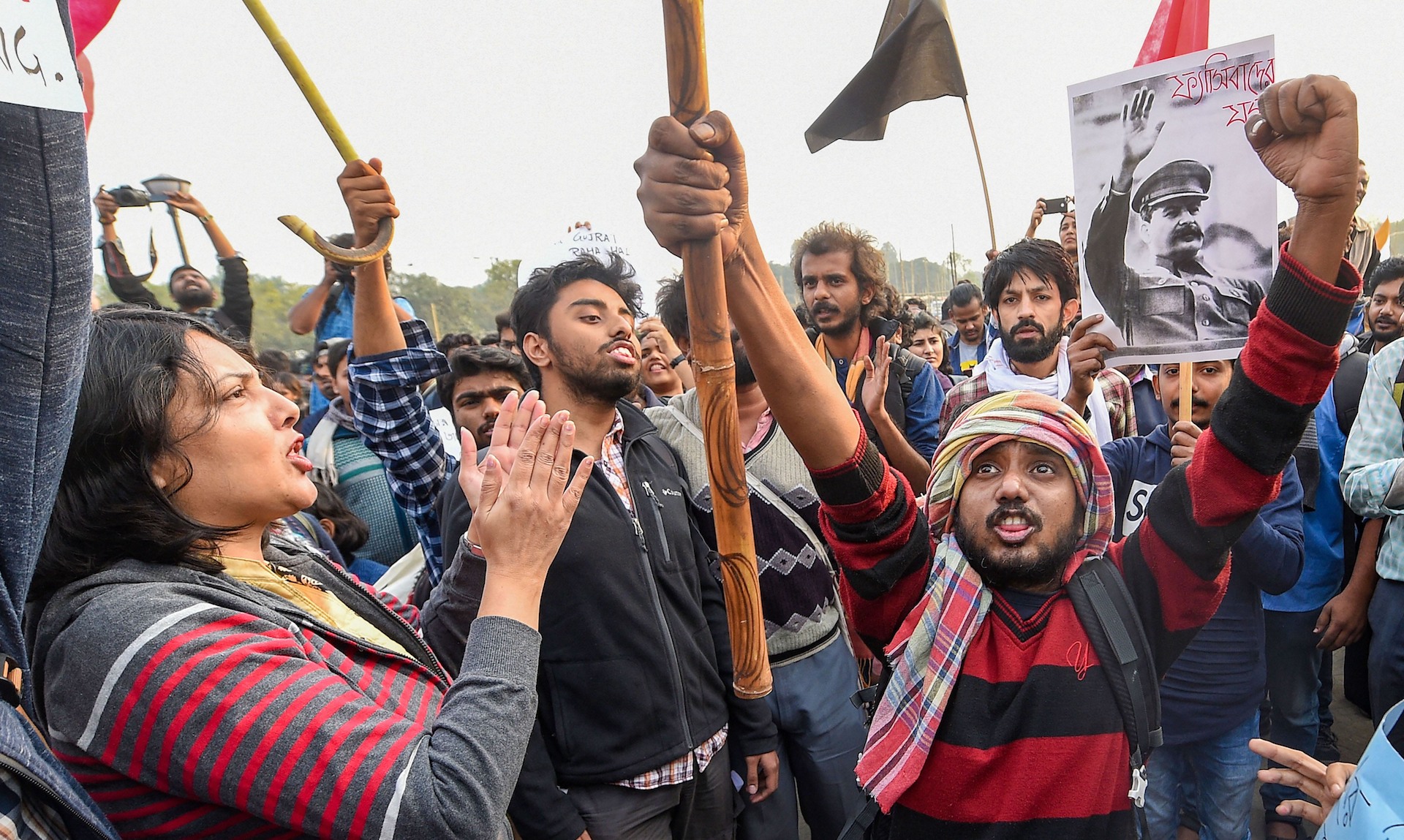A recent denial of “Gorkha” certificates to three youths in Kalimpong has underscored the complexities associated with surnames in the country and the pitfalls of red tape that prevents checklists from being updated on time.
The specific cases of the three youths have stirred concerns in the hills about any prospective National Register of Citizens (NRC). A key question is whether a massive exercise like the NRC process can ensure infallibility when even officials entrusted with the task of issuing caste certificates are unaware of the ground reality.
The Kalimpong district administration denied the certificates to Nayan Dahal, Kedarnath Sapkota and Bijay Parajuli, who needed them for recruitment to the armed forces, because their surnames didn’t feature on a central government list of Gorkha surnames.
Officials said the Anthropological Survey of India had on September 10, 2004, sent the list of surnames to Bengal’s home (political) department.
The operative part of the 2004 report states: “Hence, the Gorkha include the following groups: The Chettri, the Rai, the Tamang, the Thami, the Bhujel, the Nepali Brahman, the Dammi, the Gurung, the Yakha, the Kami, the Magar/Manger, the Newar/Pradhan, the Sarki, the Sunwar, the Thakuri, the Sherpa and the Limbu.”
A senior district administration official said the report on the three youths by the inspector concerned said the applicants were “Khas”.
The implication was that since the 2004 report does not mention the Khas community, the trio were not Gorkhas.
The possible ramifications in case of a nationwide NRC have become a source of worry.S.P. Sharma, general secretary, Khas Bharatiya Hitkari Sammelan, said he was surprised at the denial of these certificates to the youths, who are Gorkha Brahmins, generally called Bahun.
“Their Gorkha identity is common knowledge,” he said, referring to holders of the three surnames.
“However, if officials verifying papers in the NRC process are not aware of these details, Gorkhas are bound to be harassed during the matching of documents.”
Officials say they are helpless.
“We consult only government orders (the 2004 order in this case) for issuance of all certificates,” a source in the Kalimpong administration said.
“If all these sub-communities are notified by a government order, we would be happy to issue the certificates to all. We cannot exceed the power given to us by the government.” Sharma said the list should have been updated.
“On February 25, 2010, B.P. Gopalika, secretary in Bengal’s backward classes welfare department, had in a letter to the joint secretary, Union ministry of tribal affairs, attached a report stating the Khas include the Chhetri, Bahun, Thakuri and Sanyasi (sub-communities).
But it seems they haven’t updated the list and that’s why there is confusion,” he said.
Sharma said the Gorkha communities include around 500 sub-communities, of which the Khas community alone accounts for 301.
Among Gorkhas, members of the same family — brothers, sisters, parents — often use different surnames, which some observers say confuses officials unaware of the culture.
An expert in Gorkha culture said the three applicants had used their sub-community names.
Some Gorkhas use the community name, such as Tamang, while some others may use their sub-community name, such as Ghisingh.For example, two well-known political leaders from the region, Madan Tamang and Subash Ghisingh, were both Tamangs.
Such use of different surnames by members of the same family can cause difficulties in establishing one’s legacy (ancestry) during an NRC exercise.
Munish Tamang, general secretary, Bharatiya Gorkha Parisangh, an apolitical forum that espouses the cause of Gorkhas, said that Gorkhas had faced problems during the NRC process in Assam because of the officials’ lack of awareness about these complexities.
“We are apprehensive about the implementation part of the NRC and have been trying to raise this issue given the Assam experience,” he said.

